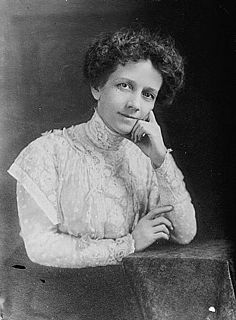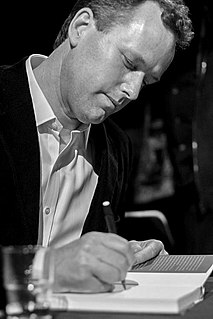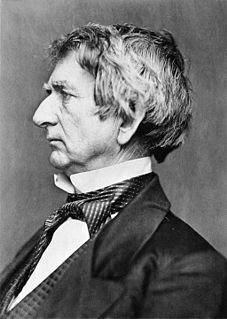A Quote by Edward Kennedy
Thus, the controversy about the Moral Majority arises not only from its views, but from its name - which, in the minds of many, seems to imply that only one set of public policies is moral and only one majority can possibly be right.
Related Quotes
There did not have to be a moral. She need only show separate minds, as alive as her own, struggling with the idea that other minds were equally alive. It wasn't only wickedness and scheming that made people unhappy, it was confusion and misunderstanding, above all, it was the failure to grasp the simple truth that other people are as real as you. And only in a story could you enter these different minds and show how they had an equal value. That was the only moral a story need have.
Free institutions are not the property of any majority. They do not confer upon majorities unlimited powers. The rights of the majority are limited rights. They are limited not only by the constitutional guarantees but by the moral principle implied in those guarantees. That principle is that men may not use the facilities of liberty to impair them. No man may invoke a right in order to destroy it.
Was the majority right when they stood by while Jesus was crucified? Was the majority right when they refused to believe that the earth moved around the sun and let Galileo be driven to his knees like a dog? It takes fifty years for the majority to be right. The majority is never right until it does right.
All voting is a sort of gaming, like checkers or backgammon, with a slight moral tinge to it, a playing with right and wrong, with moral questions; and betting naturally accompanies it. The character of the voters is not staked. I cast my vote, perchance, as I think right; but I am not vitally concerned that right should prevail. I am willing to leave it to the majority.
Hence the sterile, uninspiring futility of a great many theoretical discussions of ethics, and the resentment which many people feel towards such discussions: moral principles remain in their minds as floating abstractions, offering them a goal they cannot grasp and demanding that they reshape their souls in its image, thus leaving them with a burden of undefinable moral guilt.
It is only because the majority opinion will always be opposed by some that our knowledge and understanding progress. In the process by which opinion is formed, it is very probable that, by the time any view becomes a majority view, it is no longer the best view: somebody will already have advanced beyond the point which the majority have reached. It is because we do not yet know which of the many competing new opinions will prove itself the best that we wait until it has gained sufficient support.
If I were to speak your kind of language, I would say that man's only moral commandment is: Thou shalt think.
But a 'moral commandment' is a contradiction in terms. The moral is the chosen, not the forced; the understood, not the obeyed.
The moral is the rational, and reason accepts no commandments.
Rome tolerated every abominable practice, embraced every foul idea in the name of freedom and the rights of the common man. Citizens no longer carried on deviant behavior in private, but pridefully displayed it in public. It was those with moral values who could no longer freely walk in a public park without having to witness a revolting display. What happened to the public censors who protected the majority of citizenry from moral decadence? Did freedom have to mean abolishing common decency? Did freedom mean anyone could do anything they wanted anytime they wanted, without consequences?
































